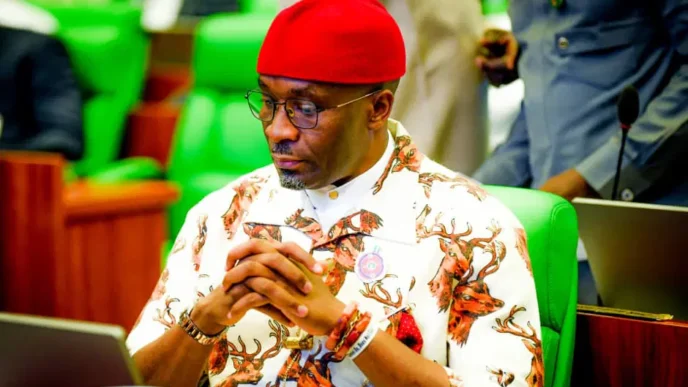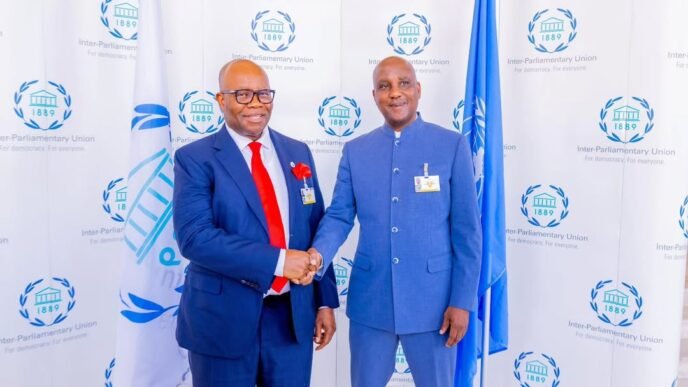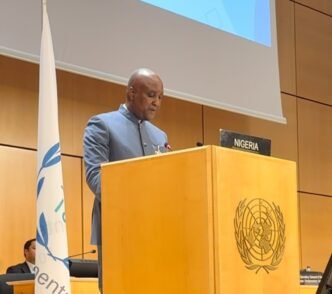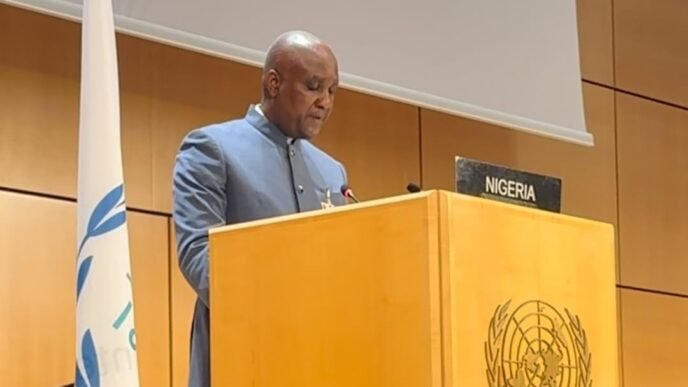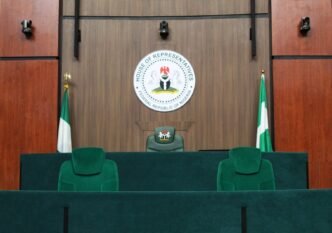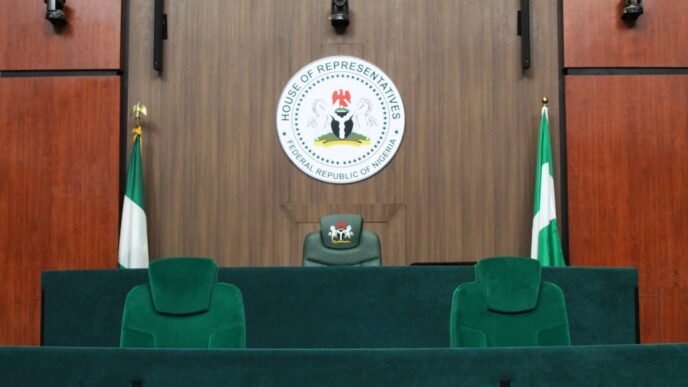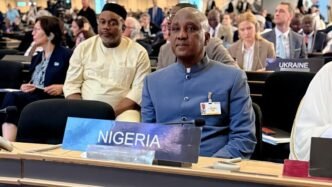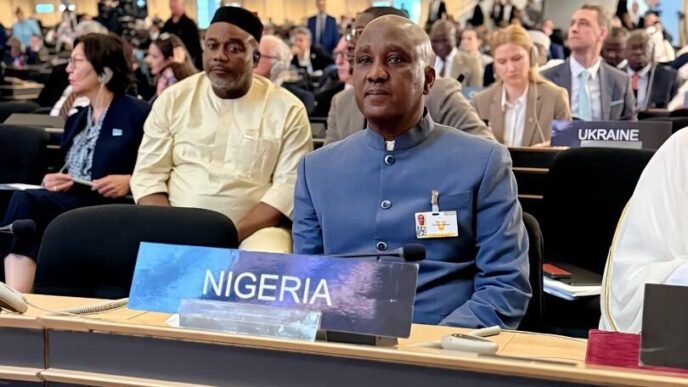HB. 2175-A BILL FOR AN ACT TO ALTER THE PROVISIONS OF THE CONSTITUTION OF THE FEDERAL REPUBLIC OF NIGERIA, 1999 TO REMOVE TRANSITIONAL LAW-MAKING POWERS FROM THE EXECUTIVE ARM OF GOVERNMENT; AND FOR RELATED MATTERS. Bill Sponsored by Hon. Ahmed Idris Wase. Bill Progress: Committee Stage.
This Bill seeks to alter section 315 of the Constitution of the Federal Republic of Nigeria, 1999 to remove transitional law-making powers from the Executive Arm of Government
The Nigerian House of Representatives is currently reviewing HB. 2175, a proposed bill titled “A Bill for an Act to Alter the Provisions of the Constitution of the Federal Republic of Nigeria, 1999 to Remove Transitional Law-Making Powers from the Executive Arm of Government; and for Related Matters.” Sponsored by Hon. Ahmed Idris Wase, this legislation aims to address a fundamental element of democratic governance: the separation of powers between the legislative and executive branches.
In a presidential system like Nigeria’s, the distribution of powers is critical. The National Assembly, comprising the Senate and the House of Representatives, holds the legislative authority, while the Executive, led by the President, is tasked with implementing laws. However, there are periods, particularly during transitions such as after military rule or during states of emergency, where the Executive has historically exercised powers typically reserved for the legislature. HB. 2175 seeks to curb this practice by removing “transitional law-making powers” from the Executive arm.
Transitional law-making powers generally allow the Executive to enact laws or changes without the full legislative process, which raises concerns about the potential overreach of these powers. This situation can take various forms, including executive orders, which, while legitimate tools for the President, can create new laws or modify existing ones in a way that encroaches upon the legislative authority. Furthermore, there are instances where decrees, historically issued during military rule, or implied powers derived from constitutional ambiguities have enabled the Executive to act unilaterally.
The introduction of HB. 2175 is indicative of a broader intent to bolster the separation of powers that is foundational to Nigeria’s democracy. By clearly delineating the functions of the executive and legislative branches, the bill aims to reinforce the principle that law-making should reside solely with the National Assembly. This demarcation is crucial to maintaining the balance of power among Nigeria’s governing bodies.
Another significant purpose of the bill is to prevent executive overreach, which can arise when the Executive bypasses legislative procedures that ensure public participation, debate, and accountability in law-making. By restricting the transitional law-making powers of the Executive, HB. 2175 seeks to protect the integrity of Nigeria’s democratic processes, ensuring that all laws undergo thorough scrutiny and approval from elected representatives.
Moreover, the bill aims to enhance democratic accountability. By ensuring that the law-making process is limited to the legislative branch, the proposal upholds the notion that all laws must pass through established constitutional procedures. This principle is particularly vital in fostering trust in governmental institutions among the populace, as it emphasizes the need for democratic processes in the creation of laws that govern citizens’ lives.
The call for HB. 2175 also reflects a commitment to promoting the rule of law in Nigeria. In a stable democratic environment, it is paramount that laws are enacted through transparent and systematic procedures rather than through unilateral executive actions. This is especially relevant given the country’s history of military regimes, where such practices have led to erosions of democracy and individual rights.
Ultimately, the introduction of HB. 2175 represents an essential step towards refining Nigeria’s constitutional framework. By preventing any future actions perceived as undermining the legislature’s primary role in law-making, the bill not only seeks to consolidate democratic institutions but also reinforces the foundational principles of accountability, transparency, and respect for the rule of law.
As deliberations on HB. 2175 continue, its implications for the balance of power in Nigeria’s democracy remain significant. The proposal could set a precedent for how future governance is structured, firmly establishing the legislative authority while curbing potential excesses of executive power. The outcome of this bill may very well chart the course for a more robust and accountable democratic system in Nigeria.





